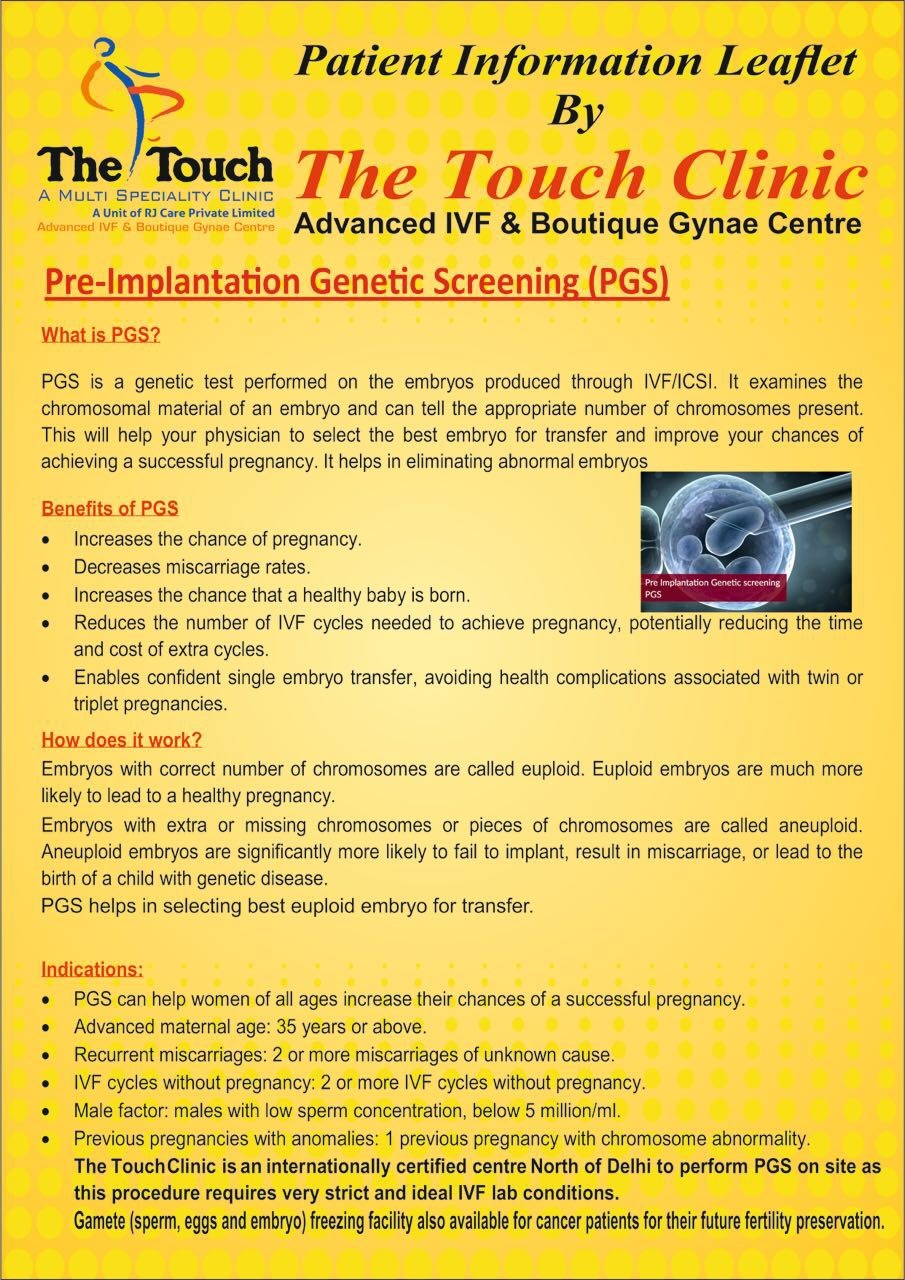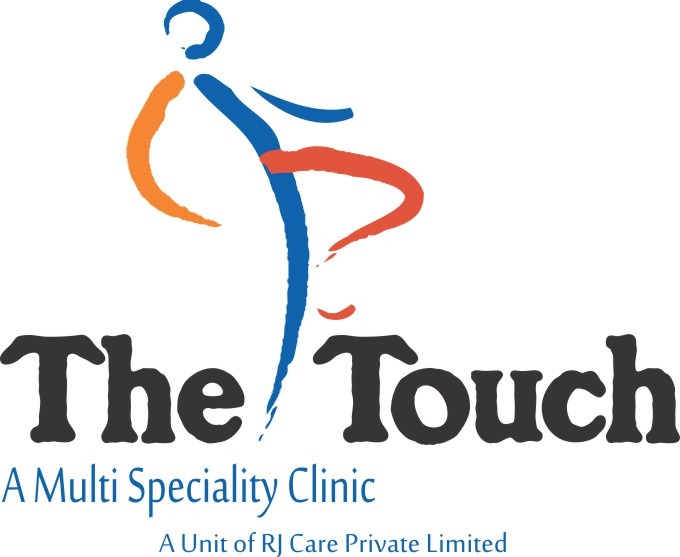PGS is a genetic test performed on the embryos produced through IVF/ICSI. It examines the
chromosomal material of an embryo and can tell the appropriate number of chromosomes present.
This will help your physician to select the best embryo for transfer and improve your chances of
achieving a successful pregnancy. It also helps in eliminating abnormal embryos.
Colopscopy
HOME / Colopscopy
What is PGS?
Benefits of PGS:
Increases the chance of pregnancy.
Decreases miscarriage rates.
Increases the chance that a healthy baby is born.
Reduces the number of IVF cycles needed to achieve pregnancy, potentially reducing the time and cost of extra cycles.
Enables confident single embryo transfer, avoiding health complications associated with twin or triplet pregnancies.
How does it work?
Embryos with correct number of chromosomes are called euploid. Euploid embryos are much more
likely to lead to a healthy pregnancy.
Embryos with extra or missing chromosomes or pieces of chromosomes are called aneuploid.
Aneuploid embryos are significantly more likely to fail to implant, result in miscarriage, or lead to the
birth of a child with genetic disease.
Indications:
PGS can help women of all ages increase their chances of a successful pregnancy.
Advanced maternal age: 35 years or above.
Recurrent miscarriages: 2 or more miscarriages of unknown cause.
IVF cycles without pregnancy: 2 or more IVF cycles without pregnancy.
Male factor: males with low sperm concentration, below 5 million/ml.
Previous pregnancies with anomalies: 1 previous pregnancy with chromosome abnormality.
The Touch Clinic is an internationally certified centre in north of Delhi to perform PGS on site.
This procedure require very strict and ideal IVF lab condition.









